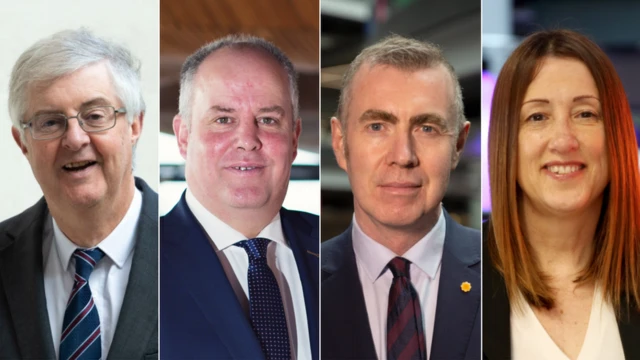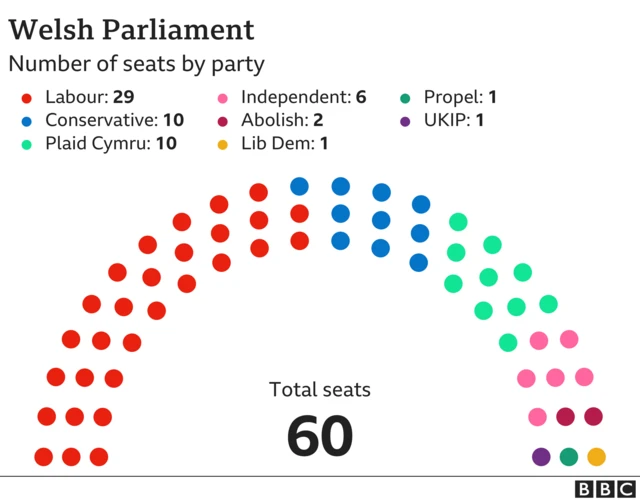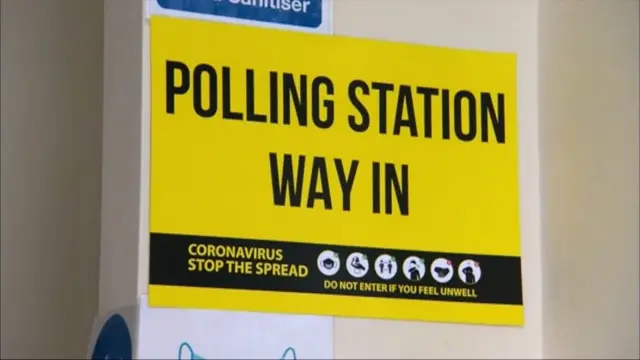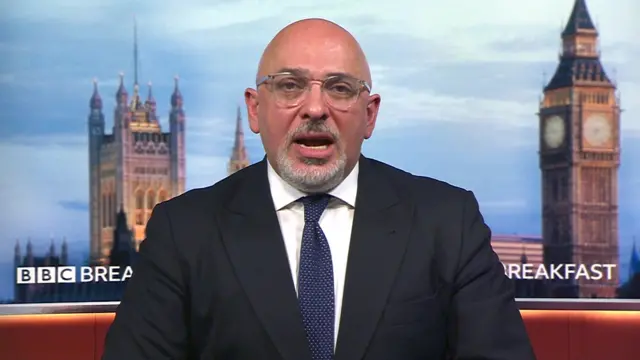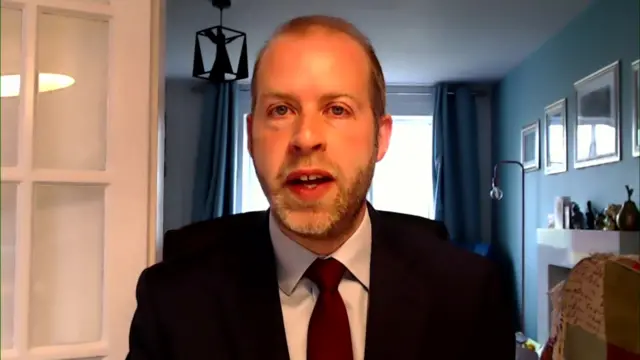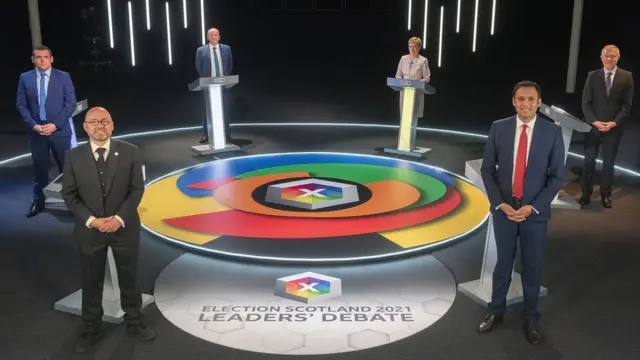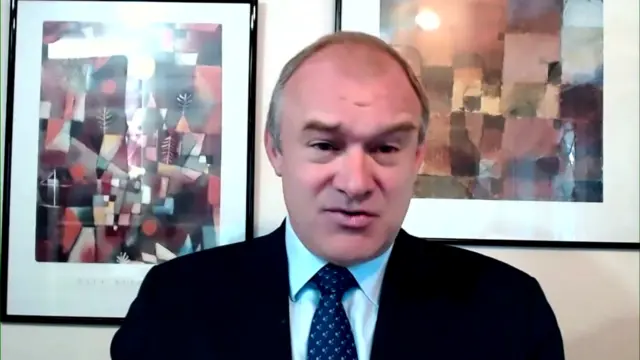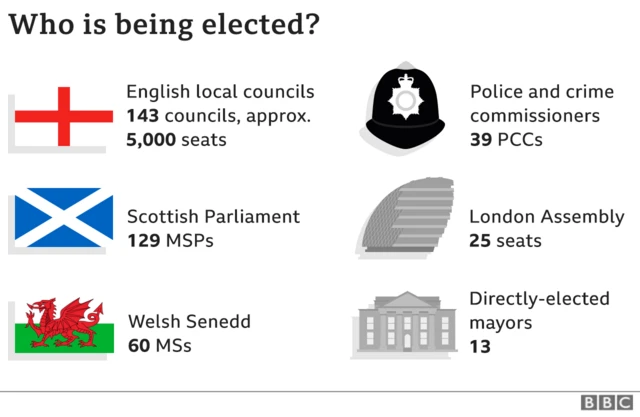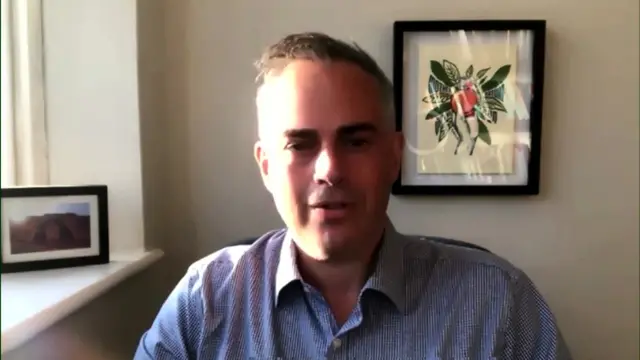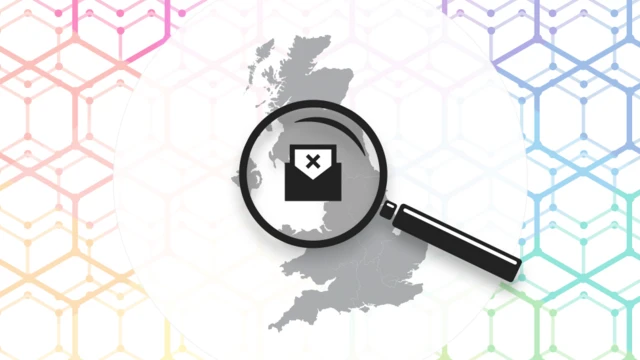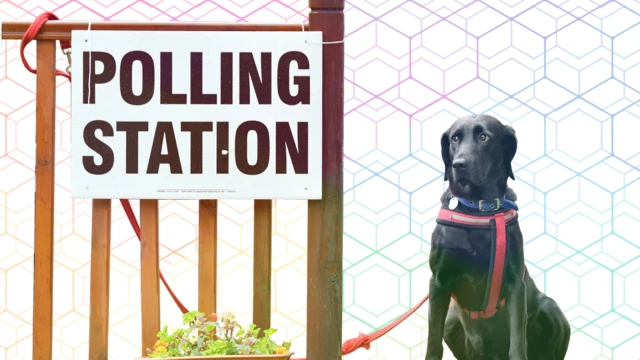How do I vote in tomorrow's elections?published at 09:28 BST 5 May 2021

Polling stations will be open from 07:00 to 22:00 on election day.
- If you're registered to vote, you should get a polling card in the post telling you where your local polling station is. You don't have to take it with you.
- If you registered for a postal vote, but didn't make it to the post box, don't worry - you can take it to your polling station on the day.
- Polling stations can be anything from schools to leisure centres to churches.
- When you get there, you will be given a ballot paper. This will have a list of the candidates you are able to vote for. For example, if you are voting for a mayor, you will be able to choose from a list of names.
- Take you ballot paper in to a booth and mark your vote in private.
- Read everything carefully. The ballot papers will have instructions.
- There may be more than one election in your area, and you may have more than one vote to cast on the ballot paper.
- In some elections you can choose more than one candidate, or rank them in order of preference.
- If you make a mistake - don’t panic – give the ballot paper to a member of staff in the polling station and they will give you a fresh one.
- When you're done, fold the ballot paper and put it in the ballot box.

